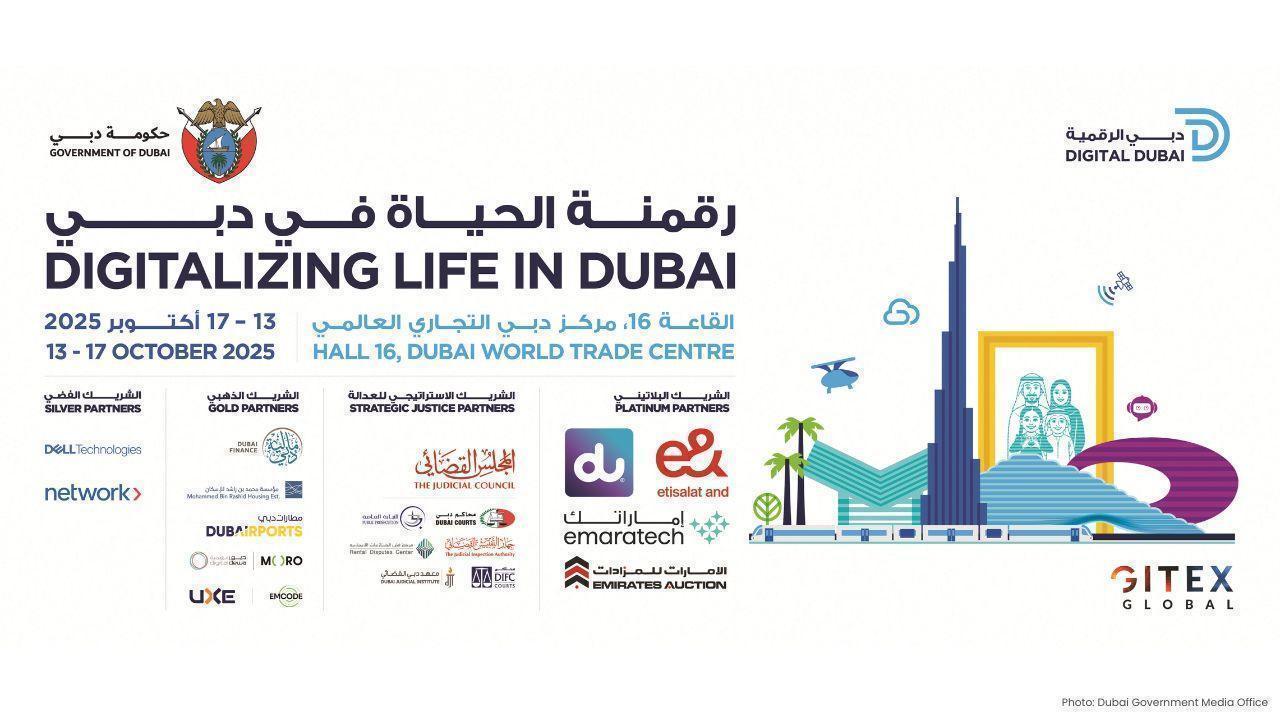
Post by : Vansh
In today’s fast-changing world, the way we learn is no longer confined to textbooks and chalkboards. The rise of digital platforms, interactive software, and online resources has created an environment where knowledge is more accessible than ever before. This shift is what makes technology education a central force in redefining how students and professionals gain skills. By blending innovation with traditional learning, technology is not only shaping classrooms but also preparing individuals for a future where adaptability and creativity are essential.
The transformation of education has been accelerated by advancements in digital tools. Classrooms now integrate digital learning systems such as virtual simulations, online research platforms, and video-based tutorials that allow learners to go beyond traditional methods. Students are no longer passive listeners; instead, they actively engage with knowledge through interactive programs and gamified learning modules.
Technology education has also broken geographical barriers. Learners from any corner of the globe can access quality resources, attend virtual lectures, and collaborate with peers across continents. This accessibility ensures that education is not limited to those within the walls of a classroom, but instead extends to anyone with an internet connection.
One of the biggest advantages of technology in education is personalization. Every learner is unique, with different strengths, weaknesses, and learning paces. With the help of artificial intelligence and adaptive systems, online learning platforms can now offer customized content tailored to each student’s progress. For example, if a student struggles with mathematics, the system identifies the challenge and provides additional resources or simplified explanations. This creates a more inclusive learning environment where no student is left behind.
Personalized learning also empowers learners to take ownership of their education. Instead of following a rigid curriculum, students can explore topics that interest them, experiment with new skills, and build knowledge at a pace that feels comfortable. This autonomy fosters confidence, motivation, and lifelong curiosity.
In today’s competitive job market, having theoretical knowledge is not enough. Employers are increasingly seeking professionals with practical skills, creativity, and digital literacy. Here, technology education plays a crucial role. Through interactive labs, coding platforms, and design software, students can practice real-world applications of what they learn.
Moreover, collaboration tools such as project management apps and video conferencing platforms prepare students for the global workforce. They gain experience working with peers from different backgrounds, solving problems collectively, and adapting to diverse cultural settings. Technology education is not only about what you learn but how you learn to collaborate and adapt.
The integration of edtech tools into the classroom has narrowed the gap between education and industry needs. Schools and universities are increasingly using technology-driven methods to teach STEM subjects, coding, robotics, and artificial intelligence. These subjects are in high demand in modern industries, and exposure to them at an early stage ensures that students are future-ready.
For instance, introducing coding in middle school gives children problem-solving skills that extend beyond computers. Robotics competitions spark creativity and teamwork, while virtual labs allow science experiments without physical constraints. These innovations keep students engaged and equip them with the skills to lead in technology-driven industries.
The rise of online courses has made learning universal. Prestigious universities and institutions now offer virtual programs accessible to millions worldwide. This has democratized knowledge, giving learners opportunities that were once out of reach due to financial or geographical limitations.
Online learning platforms like Coursera, Khan Academy, and edX provide affordable and sometimes free access to high-quality education. Students in developing nations now have the same opportunity to learn advanced subjects as those in the most developed countries. This global connectivity fosters cultural exchange, empathy, and international collaboration, further enriching the educational experience.
While the benefits of technology education are immense, challenges remain. Not every student has equal access to devices, reliable internet, or digital resources. This digital divide creates inequalities, with some students advancing rapidly while others struggle to keep up.
Additionally, excessive reliance on technology can sometimes reduce face-to-face interaction, which is crucial for developing social and emotional skills. Teachers must strike a balance between digital tools and personal engagement to ensure that students develop holistically. Cybersecurity and data privacy are also growing concerns, as students’ personal information is increasingly stored online.
The role of teachers is evolving in the digital age. Instead of being the sole providers of knowledge, they are now facilitators who guide students through their learning journeys. Teachers help students navigate the wealth of information available online, critically analyze sources, and apply knowledge effectively.
Professional development for teachers is equally essential. Educators must be trained to use modern tools, adapt to new teaching styles, and stay updated with the latest technological trends. When teachers embrace technology, they empower students to do the same.
Looking ahead, technology education will only continue to grow in importance. Virtual reality classrooms, artificial intelligence tutors, and blockchain-based academic records are just some of the innovations on the horizon. These tools promise to make education even more interactive, transparent, and accessible.
The future of education will likely be hybrid, blending in-person learning with digital platforms. This model ensures flexibility while retaining human connection. Students will not only gain academic knowledge but also essential life skills like adaptability, critical thinking, and collaboration—all necessary for thriving in a technology-driven world.
The views and opinions expressed in this article are intended for informational purposes only and do not necessarily reflect the official stance of MiddleEastBulletin news. Readers are encouraged to conduct their own research and exercise discretion when interpreting the content.
#trending #latest #TechnologyEducation #DigitalLearning #FutureOfEducation #EdTechInnovation #SmartClassrooms #OnlineLearning #TechInEducation #ModernEducation #DigitalTransformation #LearningReimagined #GCCNews #GCCUpdates #GCCTech #GCCInnovation #ArabWorldNews #GCCTrends #DigitalGCC #GCCBusiness #GCCFuture #GCCTechnology #GCCInsights










Dodgers Win Game 1 of Wild Card Series Against Reds
The Dodgers beat the Reds 10-5 in Game 1 of the Wild Card Series. Ohtani and Hernández hit two home

Tyreek Hill Suffers Major Knee Injury, Out for the Season
Miami Dolphins' star receiver Tyreek Hill tears ACL and other ligaments in win over Jets; season-end

China Raises Flag at Disputed Shoal in National Day Ceremony
On China’s National Day, its coast guard held a flag ceremony at Scarborough Shoal, asserting contro

Netanyahu Bets Big on Trump’s Gaza Plan, Faces Home Risks
Netanyahu supports Trump’s Gaza peace plan to regain global support, but his far-right partners in I

Ukraine’s frontline cities face fear but refuse to give up
In Ukraine’s frontline towns, people live with fear and danger daily, yet they show courage, refusin

US Government Shuts Down After Congress Fails to Agree
On October 1, 2025, the U.S. government began a partial shutdown due to Congress's inability to pass